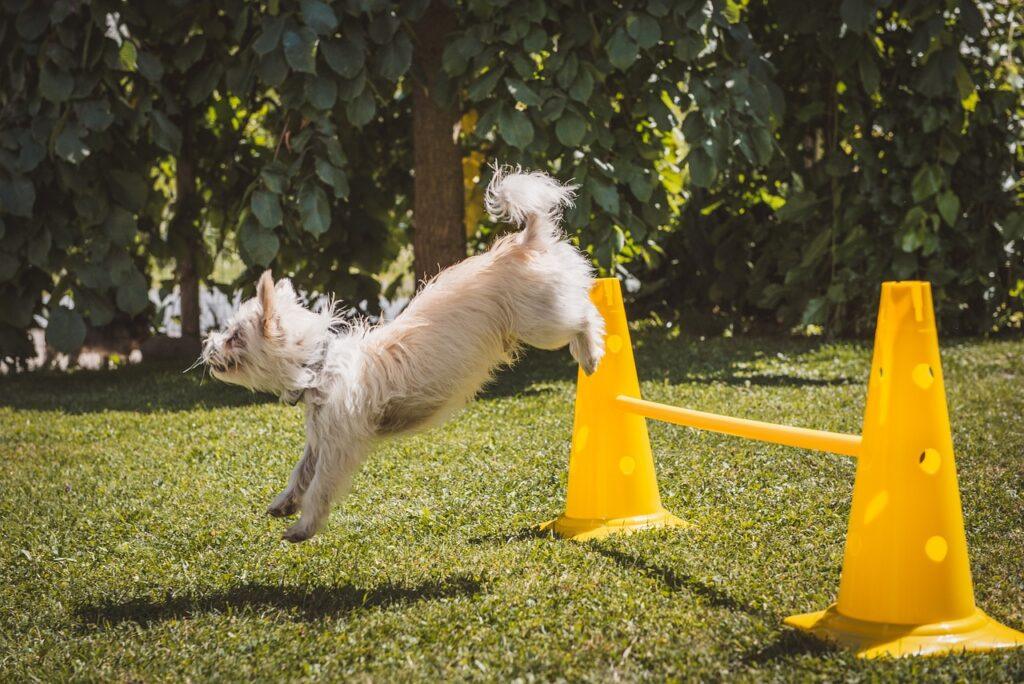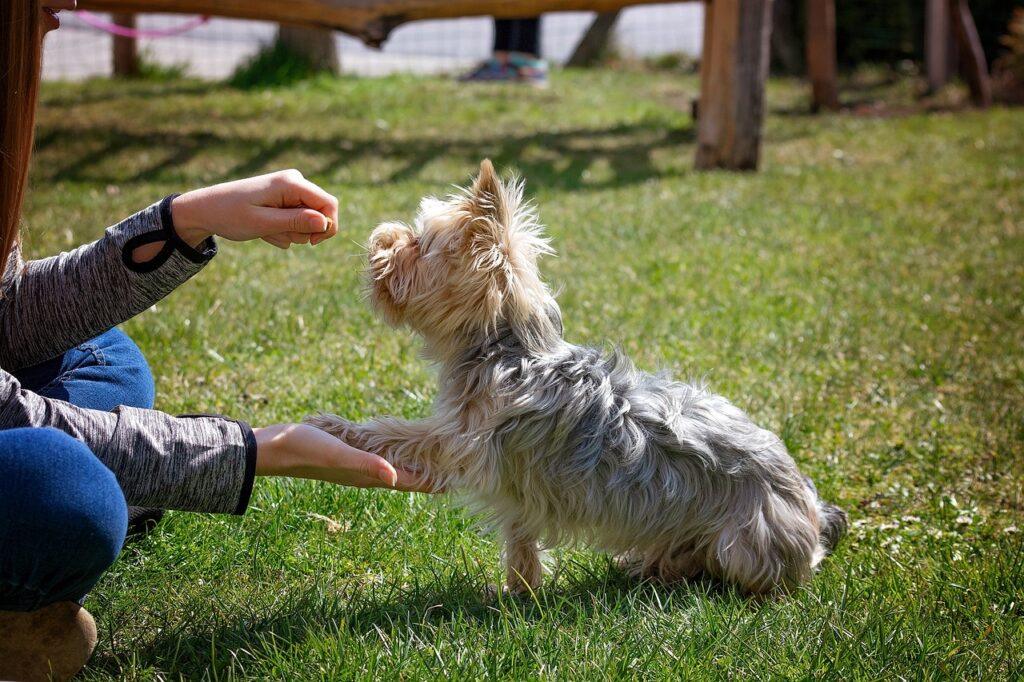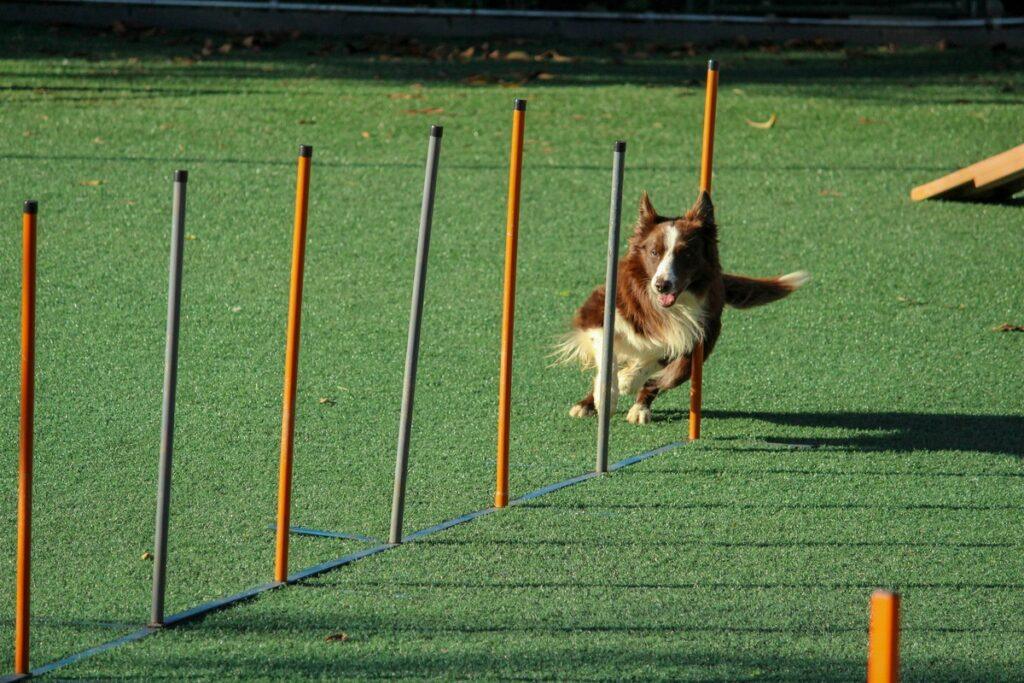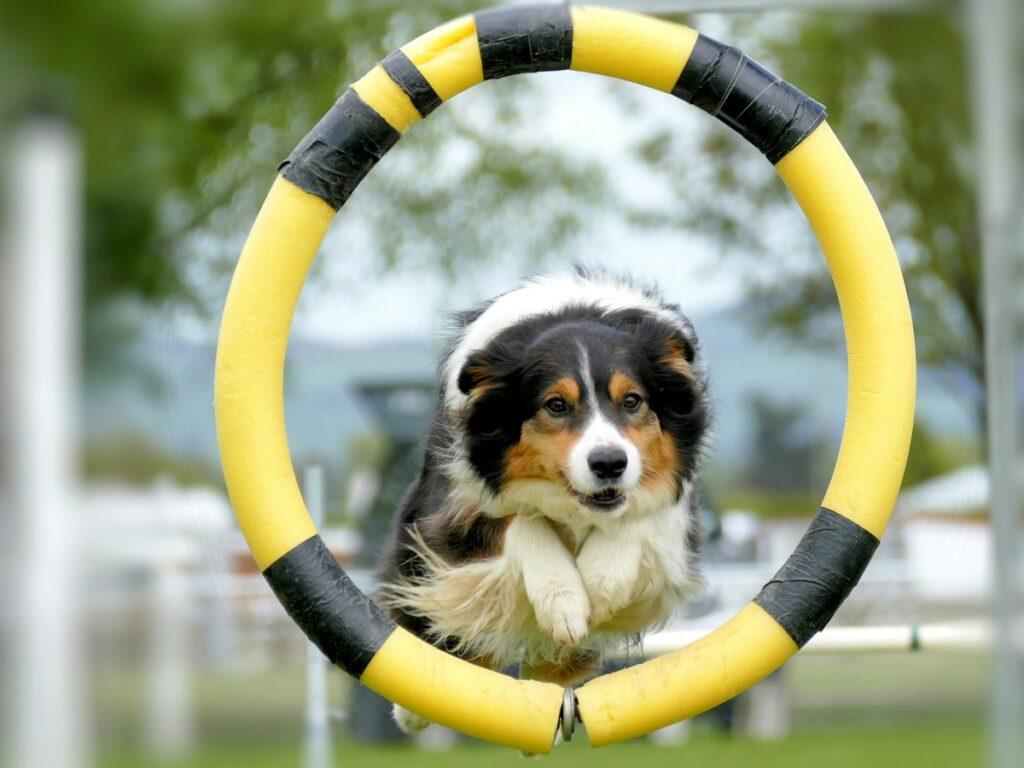Dog training camp is more than just a trend — it’s a powerful tool for shaping well-behaved, confident, and social dogs. Whether you’re dealing with stubborn puppy behavior or want to refine your adult dog’s manners, a training camp offers structured learning with professional trainers. In this 2025 guide, we cover what to expect, how to choose the right camp, and why it might be the best decision you make for your dog.
Table of Contents
- What Is a Dog Training Camp?
- Benefits of Dog Training Camps
- Types of Dog Training Camps
- How to Choose the Right Camp
- What to Expect During Camp
- Mini FAQ
What Is a Dog Training Camp?
A dog training camp is a short- or long-term program where dogs live at or regularly attend a facility with professional trainers. Unlike daily training at home, camps offer immersive, distraction-free environments where dogs receive focused behavioral instruction.
Training camps cater to puppies, adult dogs, and even aggressive or anxious dogs. These programs range from obedience boot camps to specialty training like agility or therapy dog prep.
Benefits of Dog Training Camps
- Faster learning: Immersion leads to more consistent behavior change.
- Professional expertise: Certified trainers customize programs for each dog.
- Socialization: Dogs interact with others in a controlled setting.
- Relief for owners: Especially during challenging behavioral phases.
- Follow-up plans: Most camps offer post-camp support and home training guidance.
According to the American Kennel Club (AKC), consistent exposure and reinforcement are keys to behavior success — and camps are ideal for providing both.
Types of Dog Training Camps
Not all dog training camps are the same. Here’s a breakdown of the most common types:
- Board-and-train programs: Dogs live at the facility for 2–4 weeks.
- Day training camps: Drop-off style, similar to daycare with lessons.
- Puppy boot camps: Focused on early obedience, socialization, and crate training.
- Agility or sport camps: For active breeds needing advanced challenges.
- Behavioral rehabilitation camps: Designed for reactive or fearful dogs.
Each type targets specific goals. Choosing the right camp depends on your dog’s temperament, age, and needs.

How to Choose the Right Camp
Choosing a dog training camp isn’t just about location or price — it’s about quality, transparency, and results. Here’s what to consider:
- Trainer credentials: Look for certifications like CPDT-KA or KPA-CTP.
- Training methods: Positive reinforcement is the gold standard. Avoid harsh punishment-based camps.
- Facility conditions: Clean, well-staffed, with safety protocols in place.
- Reviews and results: Check testimonials and before/after case studies.
- Owner involvement: Does the program include sessions with you? Follow-up lessons?
Red flag: If a camp doesn’t allow visits or video updates — reconsider.
What to Expect During Dog Training Camp
A typical day at dog training camp includes individual sessions, group exercises, enrichment activities, rest time, and daily reporting to the owner. Trainers assess progress and adjust strategies as needed.
Some dogs show results in days, others need weeks. Expect to continue the training at home — consistency is critical for lasting success. Read our Dog Training Behavior Tips to support your progress.
Mini FAQ
Are dog training camps worth it?
Yes — especially for owners struggling with persistent behavioral issues or those who want professional, structured training.
How much do dog training camps cost?
Anywhere from $600 to $2,500+ depending on duration, location, and intensity of training.
Will my dog forget me at camp?
No. Dogs maintain strong emotional memory. Reuniting often strengthens the bond.
Can I visit my dog during camp?
Many camps allow visits or video updates. Be sure to ask during the onboarding process.
Final Thoughts
Dog training camps are a game-changer for modern pet owners. They provide structure, socialization, and expert guidance to unlock your dog’s full potential. For more at-home strategies, explore our posts on How to Stop Barking at Night and Potty Training a Puppy Fast.



